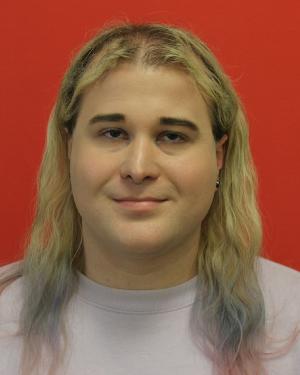Product Design
Product Design serves students with interdisciplinary interests bridging technology and creative practice.
Product Design
The mission of the Product Design program is to prepare and inspire students to synthesize technology, art, human experience, and business factors in the process of developing a product or service. The program teaches a design process that encourages creativity, craftsmanship, and aesthetics, with a foundation in technical prototyping, programming, and electronics. The course work provides students with the skills necessary to carry projects from initial concept to completion of working prototypes. The curriculum emphasizes experimentation and making in a collaborative, interdisciplinary environment. This is accomplished by a broad and self-directed education combining the fields of Computer Science, Art, Business, and Engineering. Our graduates will work in a wide range of industries holding positions in software and hardware development, graphic design, and increasingly, their own start-ups.
Students interested in engineering and computer science may find the B.S. program in Industrial Product Design to be a more attractive alternative to traditional engineering and CS programs because not only will they develop the core marketable skills for entry-level mechanical, software and electrical engineers (namely computer aided design, programming and circuit board layout), but in addition, the communication, marketing and business skills necessary to break through the “glass ceiling” into technical management positions such as systems engineering and program management.
Program at a Glance
Degrees: B.A. degree in Product Design consists of 31 hours of core courses and 18 hours of specialization, or “focus” courses. B.S. degree in Industrial Product Design includes all the B.A. requirements, but 12 hours of the specialization courses are to be selected from the technology focus area.
Optional Concentrations: The design curriculum is based around three focus areas: business, art and technology courses. Completing one of three focus areas will put you three classes away from completing the associated minors in business, art, or digital media. Regardless of your specialization, you will have a foundation in entrepreneurship, electronics, programming, web design, and marketing that will serve you well in a variety of enterprises, including your own.
Go Further.
Department Directory
Lead the Way at D&E. Contact us today.










